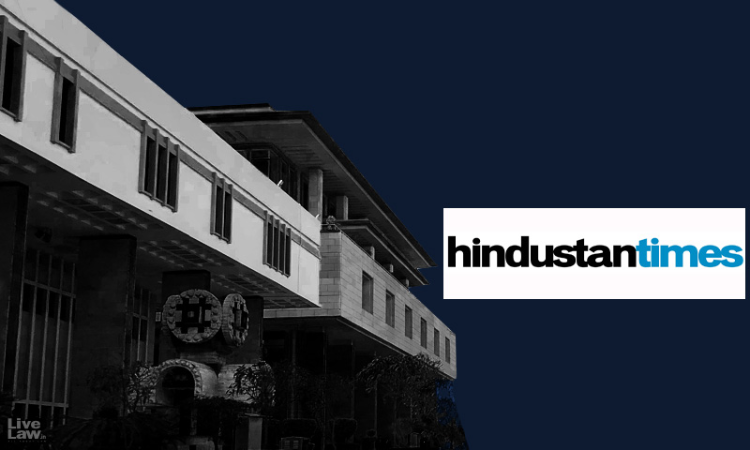Delhi High Court Rejects IFS Mahaveer Singhvi's Defamation Suits Against Hindustan Times
Nupur Thapliyal
18 Jun 2024 12:12 PM IST

Next Story
18 Jun 2024 12:12 PM IST
The Delhi High Court has recently dismissed two defamation suits filed by 1999 batch IFS Mahaveer Singhvi against Hindustan Times newspaper, both English and Hindi editions, over two news reports published in 2002. Justice Neena Bansal Krishna dismissed the suits and observed that the articles published in the two newspapers were not per se defamatory. “Balancing the right of information of...
